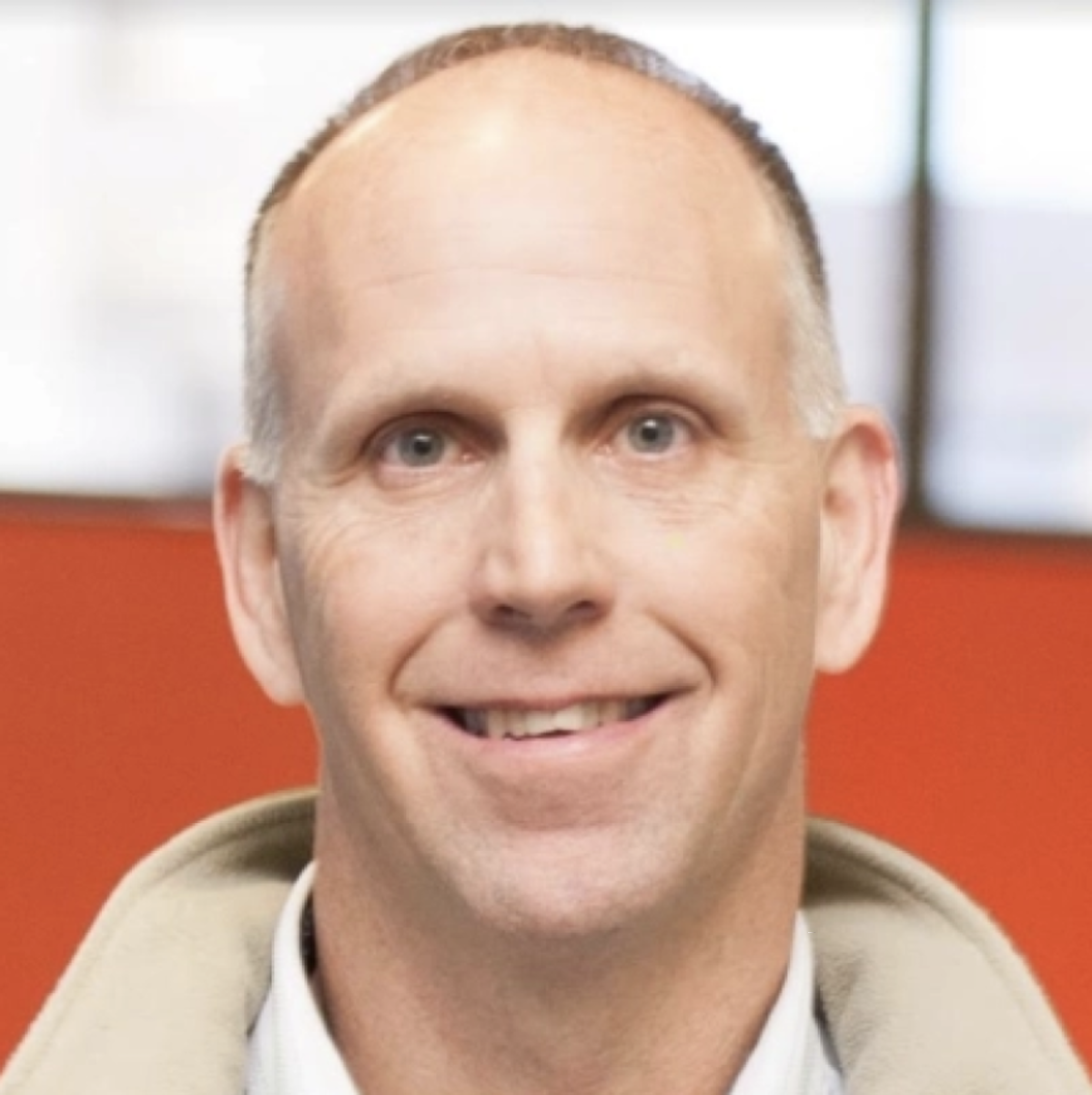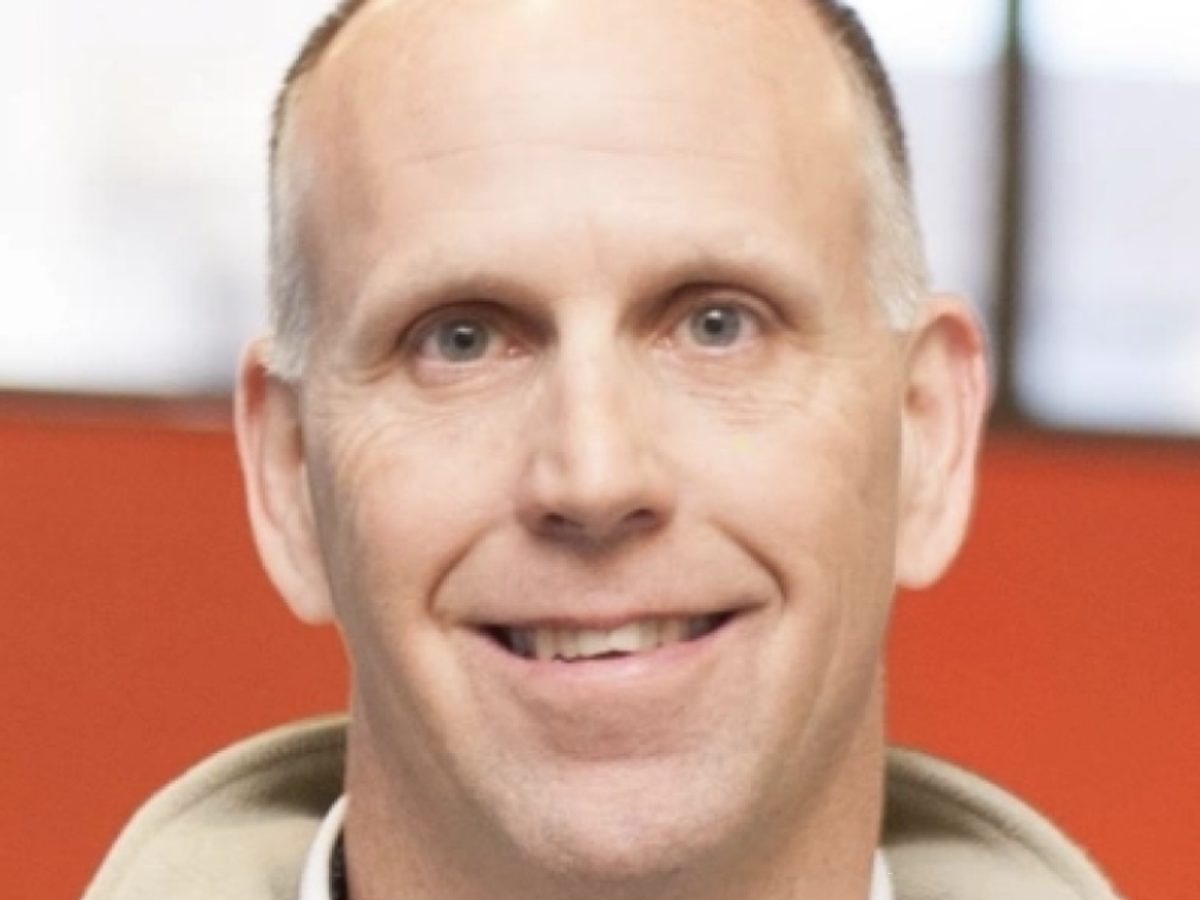Like everyone else during the pandemic, I found myself struggling to adapt to the new normal. My biggest issue was setting boundaries between work, life, and technology. So I began by setting a notification shut-off time as my first Microstep. It worked well for me as the amount of time spent on my phone or working late began to drop. This success led to two other Microsteps that have really helped me. The first is establishing a shut-off time for work. Work-life boundaries were already blurred before, but the last 24 months have erased them completely. Living through my device was not helpful and created an obsession with speed versus quality. So 9:00 p.m. is my shut-off time. I’m not always 100 percent compliant with this, but I do try to be.
The other Microstep I use is to recreate my commute each day. I realized that we all used to have these moments in our day that allowed our brain to process and rest. This was especially true of my morning and evening commute. So I began to recreate my commute before I dove into work. I might check my email in the morning, but then I have my breakfast, meditate on the day (even if it’s just five minutes), and go for a short walk. This allows me to ramp up for work, just like the old days when I actually drove a car to the office. In the evening, I repeat the process to allow myself to unwind and reflect.
I started these Microsteps because I was struggling with energy and focus, but my true wake-up call occurred with two events. This summer I received some blood work that showed signs of metabolic distress. In speaking with my doctor, it was clear that much of this was being driven by stress. At the same time, I had a conversation with Arianna where she noticed that I was tired and not myself. This resulted in a conversation about the need to prioritize my health.
That journey started in August of 2021, and from then on I began with the Microsteps above. Today I have expanded my Microsteps into more areas of my life — mainly focused on how to maintain healthy relationships with technology, get the rest I need, and allow time for recovery. My family has noticed a difference in my well-being, and while I am not yet all the way recovered I am much better, much calmer, and much more productive in all areas of my life.
As Thrive’s Chief Well-being Officer, I want to bring this whole human approach to work with me. Taking the time to learn about my colleagues and their lives — as well as sharing my own life with them — has helped tremendously. Building a human relationship with people inevitably brings us closer together. I also try to call rather than schedule anything. We used to stop by each other’s desks to connect quickly and keep things moving. Now it feels like everything has to be a Zoom meeting. I find a quick phone call can help keep things moving and is far less disruptive than scheduling endless Zoom meetings.
Understanding the impact of technology on our lives has become increasingly clear. It’s ironic that using technology was the vehicle to teach me how to have a better relationship with technology, but that has been the case with the Thrive app. A combination of Thriving Minds and the Role Model stories are my go to — I always appreciate the diversity of perspectives that people share and the ways they find to deal with stress.
From my own experience with burnout, I would advise anyone feeling stressed to ask for help. If it’s work-related, get clarity around what you own and communicate sooner when things get stuck. That will keep you from feeling like you are alone and reduce the burden. It’s also important to connect to moments of joy. These will recharge you and help reduce whatever stress you’re feeling. For me, being in nature helps when I can make that happen — but on a daily basis it’s about spending time with the people I love and doing something fun together.


